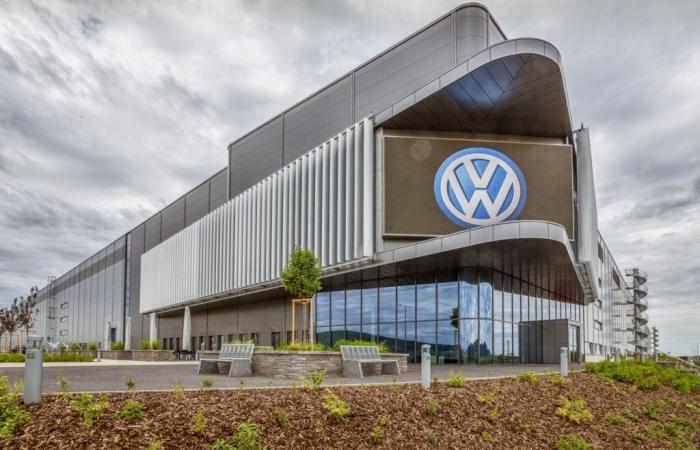Electric car news
The German automobile giant is going through a pivotal period in its history. Faced with fierce Chinese competition and major economic challenges, Volkswagen is rethinking its industrial strategy in depth, particularly in the production of its electric vehicles.
The threat of closure of German factories
The announcement of the possible closure of three historic factories in Germany caused an unprecedented social earthquake. 100,000 employees went on strike at nine production sites, paralyzing the entire manufacturing chain, including the factory dedicated to electric cars. The initial restructuring plan included drastic measures:
- A 10% salary reduction for retained employees
- The removal of several thousand jobs
- The permanent closure of three production sites
- The cessation of production of the Audi Q8 e-tron in Brussels
An unexpected compromise to save jobs
CEO Oliver Blume and the powerful IG Metall union appear to have found common ground. The new plan plans to keep German production sites operating until 2030in return for a waiver of employee bonuses. This solution would make it possible to avoid a social tragedy while partially meeting the group's economic imperatives.
Restructuring involves a major reorganization of production:
| Model | Current site | New site |
|---|---|---|
| Golf | Wolfsburg | Mexico |
| ID.3 | Zwickau | Wolfsburg |
| ID.4 | Zwickau | Emden |
Volkswagen's continuing challenges
Financial analysts, notably Patrick Hummel of UBS, remain skeptical about the plan's ability to generate the 4 billion euros in annual savings necessary to improve the manufacturer's margins. The initial plan to close factories aimed at saving money 17.6 billion euros.
The situation in China remains particularly worrying for Volkswagen. The manufacturer faces a double challenge: a significant drop in its sales in its main market and the aggressive arrival of Chinese manufacturers like BYD on the European ground. These manufacturers offer electric cars innovative at very competitive prices.
The transformation of the industrial model
To face these challenges, Volkswagen is undertaking a complete overhaul of its industrial model. The group is accelerating its development cycles to reduce time to market. This transformation is accompanied by a review of the electric vehicle distribution network, aiming to optimize costs while improving the customer experience.
These changes are part of a profound modernization process, essential to maintain the group's competitiveness in the face of new players in the global automobile market. The challenge now is to successfully complete this transition while preserving the German industrial excellence that has made Volkswagen's reputation.
Written by François Zhang-Ming
I have always shown a keen interest in science and technology from a very young age. I have a dual culture, Chinese through my mother and French through my father but also through my studies, which allows me to be very familiar with the technological innovations of the Far East.
React to the article




